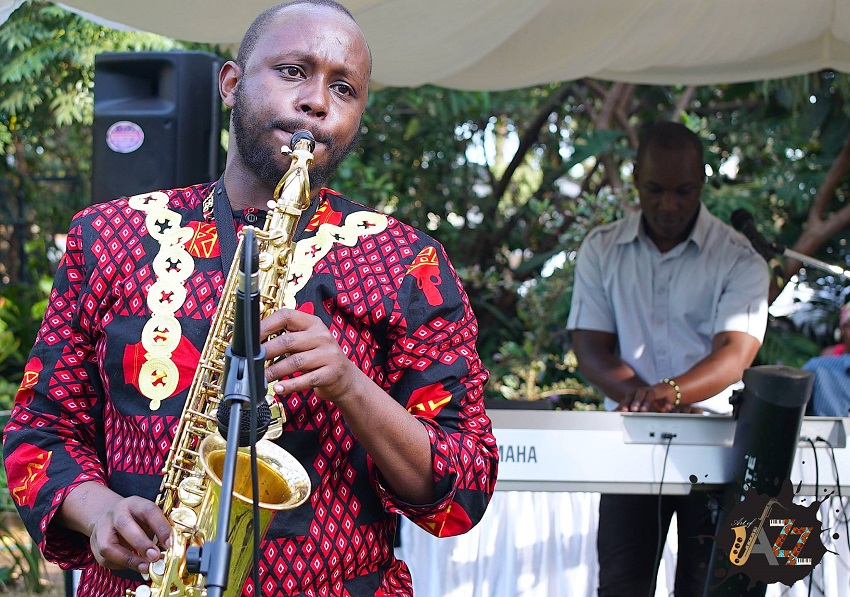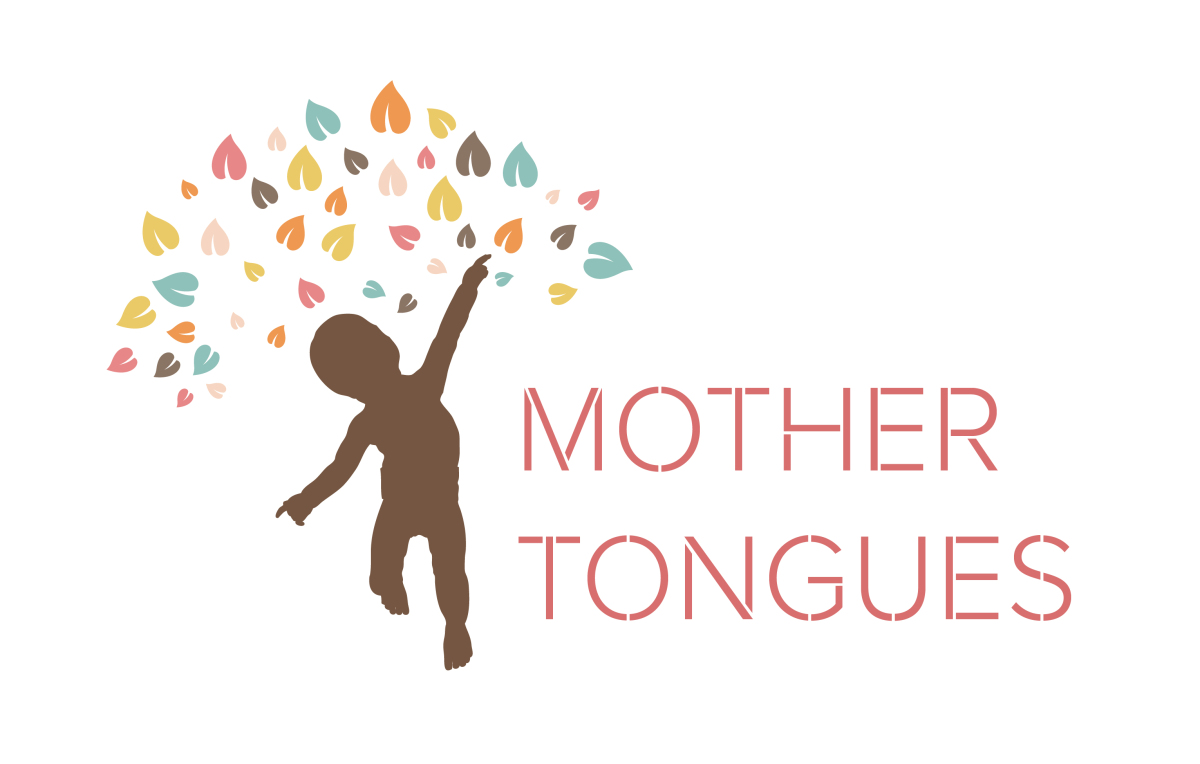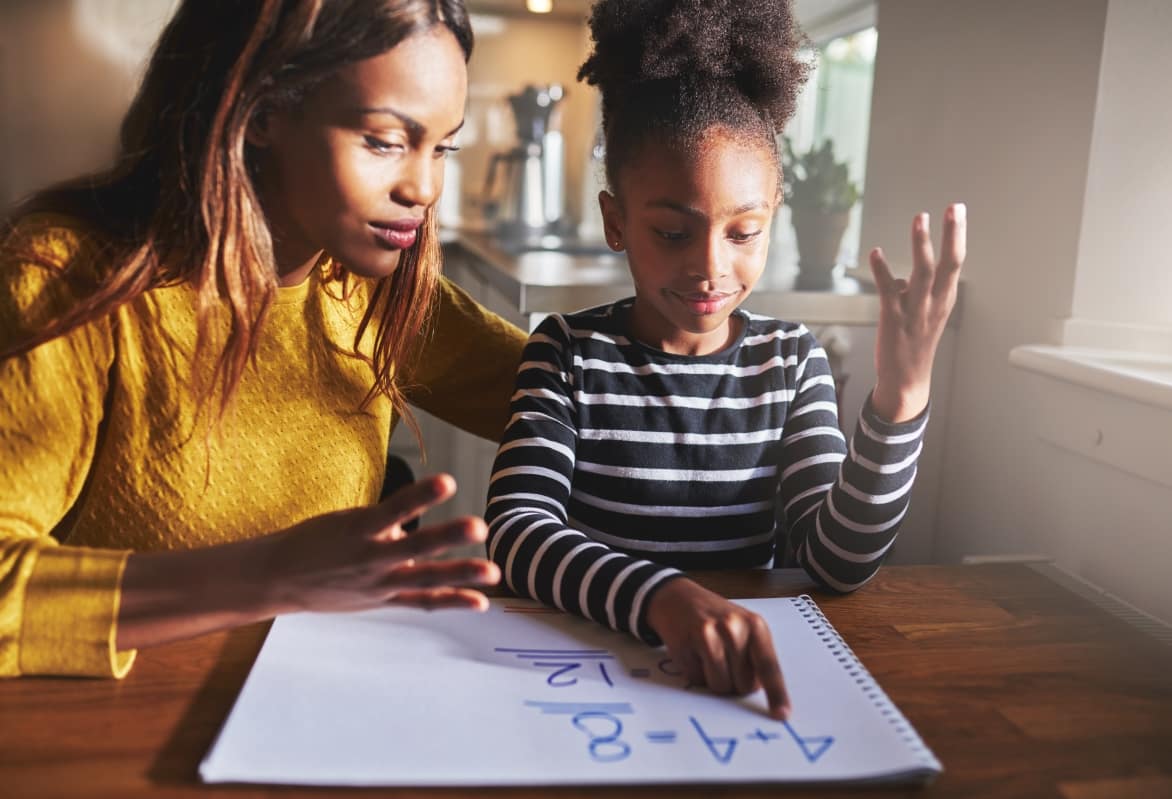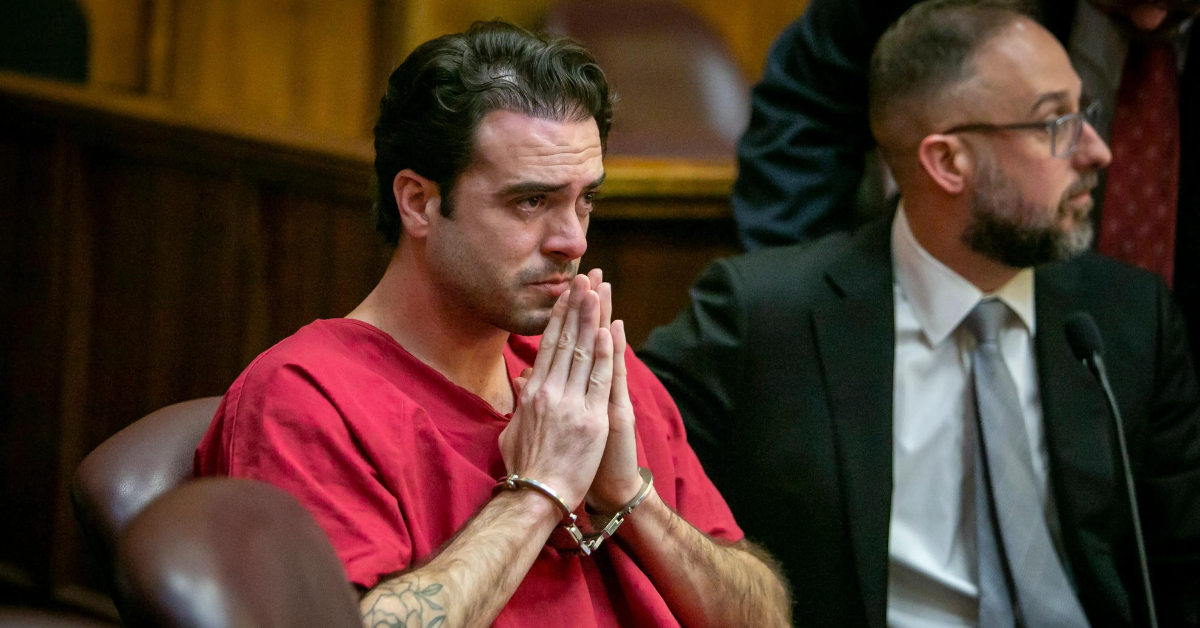The Road to Freedom: Charlene's story part 3
15th July, 2020 at 9:18AM
This is the final segment of our three-part story about Charlene Waiganjo who survived the Westgate attack but suffered extreme trauma for many years. READ PART 1 about what happened in Westgate. READ PART 2 about how the trauma manifested. And today, we delve into how Charlene overcame the odds to completely recover from her trauma and go on to help others do the same. When we left off the last interview, you were suffering extreme trauma. How did your recovery finally come about?Because I suffered from childhood trauma I had developed a lot of fears about whether I would be a good mother. I kept wondering if it was right for me to get pregnant and have a child and whether I would be able to cope. After Westgate, the fear intensified until finally my husband and a very good friend who were both aware of my past did an intervention and introduced me to a therapist.As I started to relate my childhood experience to the therapist, I had a panic attack. And it was only then that she realized that I had also been in Westgate during the attack. So at that point, she explained that we first had to deal with the Westgate trauma before we could go back and address the childhood trauma.I visited the therapist for a year. She used a methodology called Eye Movement Desensitization and Reprocessing (EMDR), a common technique for treating trauma that has helped many people around the world. It uses rapid eye movement to re-process the memory and de-sensitize the trauma experience so you can move on. But what I found in hindsight was that it just numbed me. So, although EMDR helped me start going out of the house (enormous progress for me), it didn't heal me. I did not feel like a fully integrated person and I still had panic attacks, nightmares and a lot of anxiety.So, what came next?At the end of 2016, I met Paul Boyle and attended his workshop. And it was a whole different experience. Because normally when you see a therapist about trauma they always start by asking you what happened? But in this workshop, the opening statement was 'I do not want to know anything that happened to you'. And that is how this workshop really grabbed my attention and I felt like I could sit through 5 days without anxiety and panic attacks.His methodology is really different because it acknowledges that we can't go back and change the past; but we can change the way we deal with the present. So, the workshop starts with how you are functioning today. How are you making decisions? Do you understand why you are doing what you are doing and why you are making the decisions you are making? Because your experiences affect you holistically, not only in your mind.Trauma is very complex, affecting how we remember events, whether factual or perceived, and we develop coping skills that can be negative, including addictions, which temporarily ease the discomfort. Numbing the pain for a while with drugs or alcohol might work for a while- giving us false courage that we are moving forward and everything is ok. But then we get a knockout punch (for me it was Westgate) that makes us realize that actually we have not been coping. A knockout punch can be anything- a divorce, an illness in the family, losing a job.Unprocessed trauma is stored in our senses and leaves us prone to triggers that can affect us at any time. For example, one year post-Westgate, my husband and I went out to a restaurant in Westlands with friends. There was a nearby kiddie party and a balloon popped and it completely unravelled me. My survival instinct took over and invoked a totally involuntary response. It took a while for people to realize I was gone because I moved so fast. I was hiding under a table and was too terrified to come out. That sound took me right back into Westgate and I was suddenly worrying about how easy it would be for terrorists to get over the walls of the restaurant and I had to leave.Thankfully my husband, who deserves a medal, made the diplomatic apologies and removed me from the situation. Trauma can get you into some really awkward social situations! I've had many. But happily I can laugh about them now.When did you realize you were feeling better?On the fourth day of the workshop I told my trauma story of my own free will. And when I spoke, I was not affected by it. I was not at all under stress and had no physical symptoms during or after. When you can tell your story without feeling pain or despair then you know you have healed.So, you completely healed from your childhood trauma AND from Westgate in one week?Yes I did.Holy shit!Yes, it was such a profound experience. I was euphoric. Paul called my husband and asked him to come to the last day of the workshop. My husband was used to having a couple months here or there when I was okay but then a loud noise or other trigger would send me off the rails. So, he took 'my recovery' with a pinch of salt and assumed that I would crash again. Paul assured him that I would not crash and the Lord as my witness I can honestly tell you it is true; it's been 3 years now. I've not had any flashbacks, nightmares, panic attacks, or need to self-medicate to cope. It really has been profound.Trauma can be a positive or a negative thing. It can either cause you to live a dark life or you can be enlightened and it becomes a tool for ideas and hope. In the end, Westgate was the best thing that happened to me.Have you been back to Westgate?I went back to Art Caffe at Westgate 6 years after it happened (last year) and I was totally fine. I even posted a picture on my Facebook.How did the terror attack at 14 riverside affect you?I physically felt and heard the blast from my house. I immediately knew in my heart what it was. And I was able to go to Dusit and help people and not be affected by it.So your life went back to normal after the workshop?After the workshop I was able to go back to work. Formerly, I was an entrepreneur but that work now seemed trivial. And because I was so profoundly affected by the workshop, I wanted to learn everything I could about trauma so I became a student of Paul and now I'm a facilitator in his methodology. It's changed my life. I do what I do today to help others because I know how hard it is when you're trying with every fibre of your being to move forward and you keep sliding back at the slightest upset.Your story sounds too good to be true. Did all the people in the workshop with you have a similar recovery?I think everyone in the workshop had some sort of positive healing.But maybe not 100% like you?I would not know. But since I've started facilitating workshops and working with people one on one, (I have been practicing for 3 years now), I have not seen a single case of prolonged difficulty.So how are you trying to get the word out? Paul's methodology was developed in Africa for Africans who don't have the resources to see a therapist and don't have access to drugs. We believe Paul's is the best possible method to reach and serve those who need it. Therefore, we are trying to get the methodology tested so we have evidence of its efficacy. This involves building relationships with universities who can evaluate the process and outcomes.Please talk a little more about the methodologyMany people go to the therapist with the expectation that s/he will fix them or give them medicine. This workshop equipped me with the tools to fix myself and increased my resiliency. It taught me that only one person can do the work of healing and it's me.The methodology is very simple. We tell a lot of stories (not your stories) but lots of other stories to demonstrate different principles. With knowledge comes power. We help you to understand the effect of trauma on your brain and holistically. And then very gently, we start working with tools that help you process what happened to you. There are so many and each is unique. You have to practice using them.One of the tools we use a lot is the power of positive or negative thinking. When we have a bad experience immediately the neurons in our brains change and we start thinking negatively. We teach how easy it is to make a negative comment or have a negative thought and how difficult it is to turn that negative thought into a positive one. But the more you do it, the easier it becomes.So there is some Cognitive Behaviour Therapy (CBT) in the workshop?Yes, CBT is one of the tools. If you change the way you think, you can change the way you feel and if you change the way you feel, you can change the way you act and respond.Talking therapy is another tool. We also teach psychological concepts and practices and anatomy. We teach that your body is very powerful and you have the ability to heal your mind; that you are in control.Working one on one, how long does it take to recover from trauma?Trauma comes in degrees of severity. It takes anywhere from 3 to 10 sessions. Our intent is not to have people coming over and over to us. Once you have the tools and know how to use them, you are equipped to heal yourself.The workshop or one on one therapy is not a magic pill where nothing in life is ever going to knock you down again. But after working with us, you will know how to duck and if you stumble and fall, you're going to be able to get back up and move on. It's no longer going to incapacitate you.Any last words of wisdom?It should be noted that trauma can be transmitted to an unborn child. My daughter was very sensitive to loud noises and had night terrors which we attributed to my experience. She's now outgrown most of it. She doesn't even know about Westgate and I don't want it to be a crutch.And what I have learned through this process has made me a better mother. Like I realize if I shout and scream, I could be inducing trauma in their little bodies. And I'm teaching them to be resilient. And it's been a beautiful journey.I'd also like to say that there is help for everyone- there are so many people still suffering from trauma that happened many years ago. I really feel for them because if you don't deal with it, it's going to deal with you.Paul's philosophy is that everyone who needs it should be able to afford our help. We use the money from our corporate work to fund our pro bono work. So, if anyone is suffering from trauma, they should reach out to us and we'll try to help.Charlene works at the Albain Institute on James Gichuru Road in Nairobi- www.albaininstitute.org You can reach out to her at info@albaininstitute.org

28th Feb, 2019 at 11:53AM
Celebrating 'Art of Jazz' Event on International Jazz Day

11th Aug, 2020 at 9:11AM



